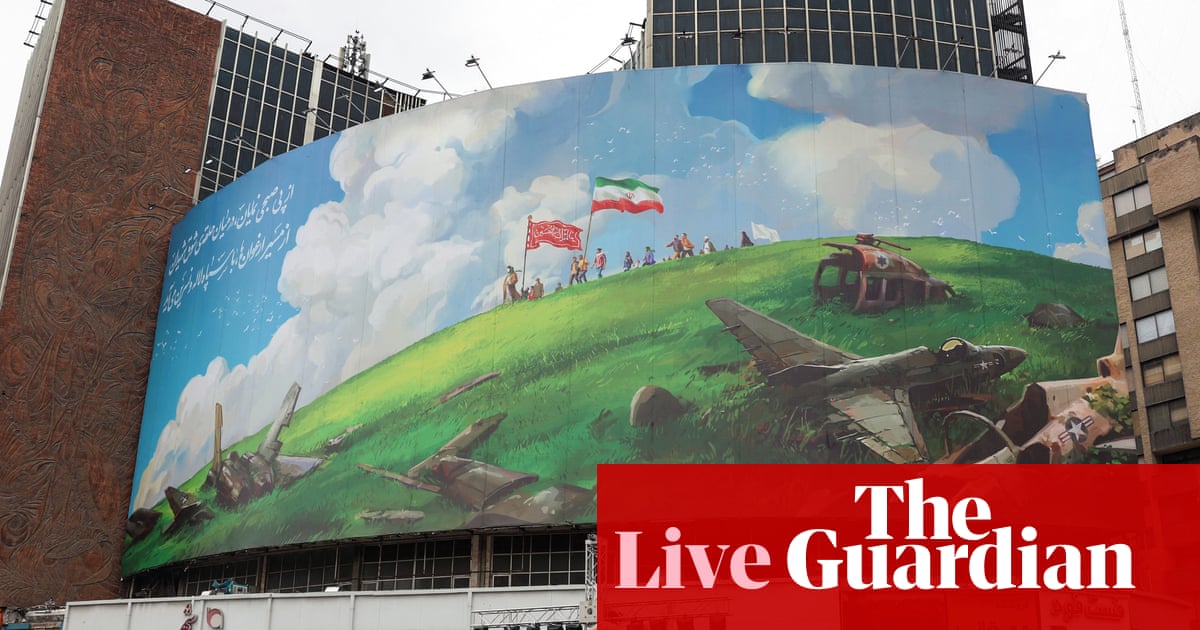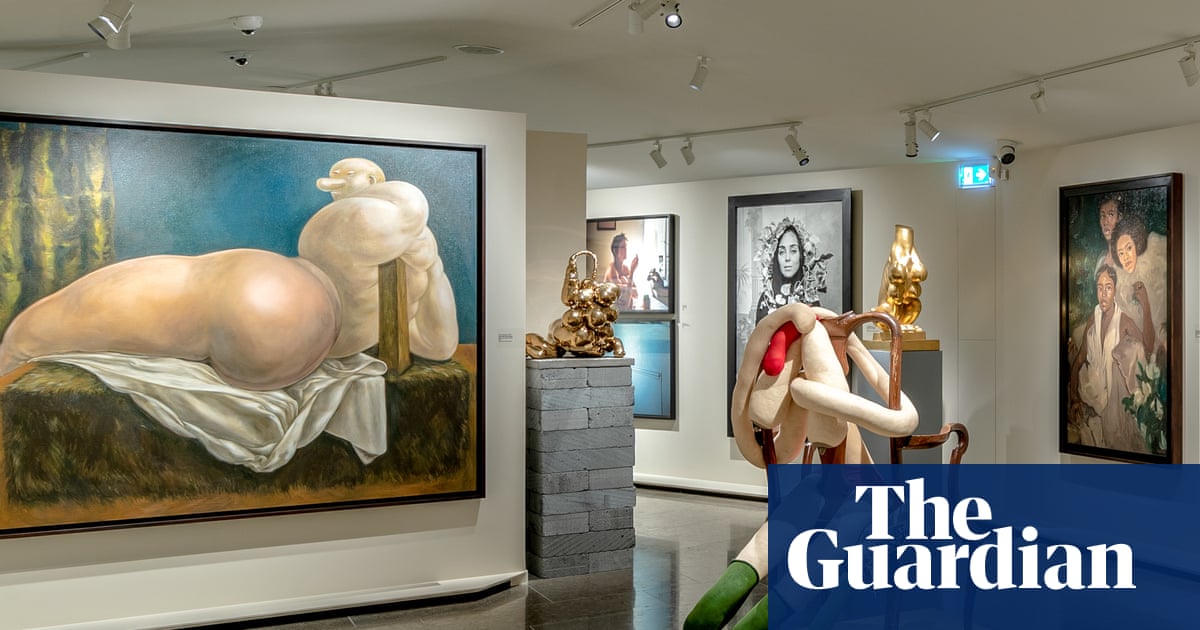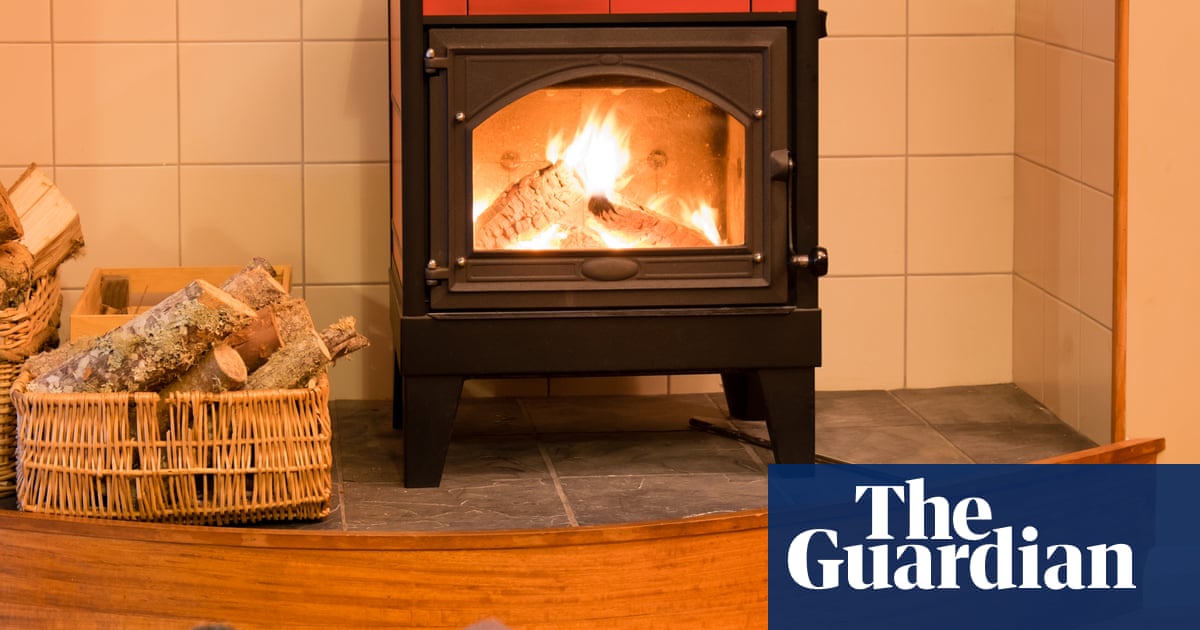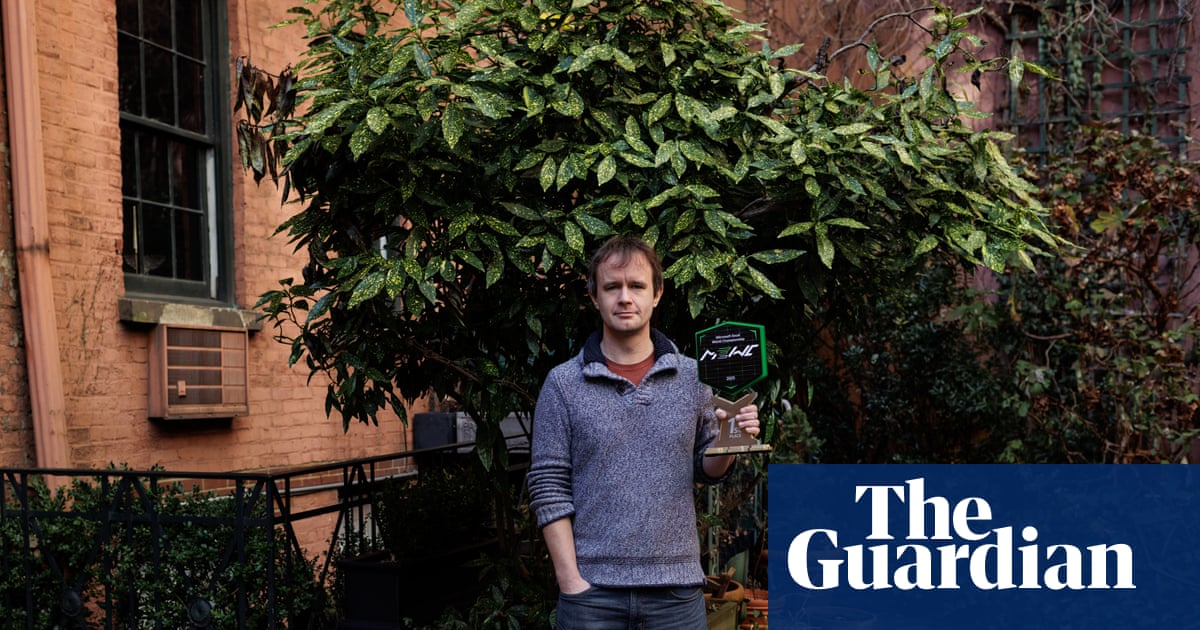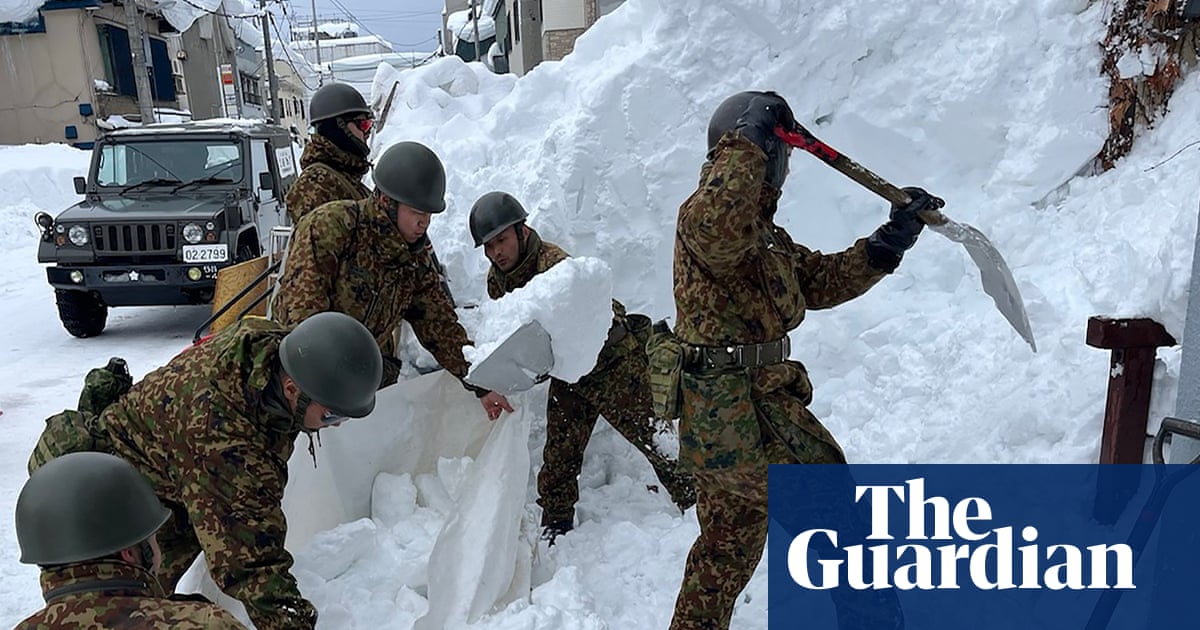The group chat for Shetland knitters was popping off, says one member, as they settled down to watch the first episode of Game of Wool: Britain’s Best Knitter.
But their enthusiasm for the Channel 4 elimination show hosted by former Olympian and crafts enthusiast Tom Daley quickly unravelled.
It became clear to the seasoned knitters that the Sunday primetime programme, which focused on Shetland’s Fair Isle technique, was littered with errors, prompting bitter disappointment, claims of cultural appropriation and demands for a correction from the broadcaster.
Practitioners contacted by the Guardian were frustrated that a series intended to showcase knitting to a wider audience should get so many things wrong about the historic technique. The style is named after Fair Isle, the southernmost of the Shetland islands. It comprises a distinct set of motifs with two colours in every row and was popularised by Edward VIII.
Shetland’s Organisation for Knitters (SOK), founded earlier this year to “preserve and protect our knitting heritage”, pointed out some of the most egregious errors in a social media post. It cited the use of chunky yarn and 10mm needles instead of the traditional 2.5 or 3mm width; referring to smaller designs as “peerie patterns”, a term not used by Shetlanders; as well as the “just unrealistic” challenge to knit a Fair Isle tank top in 12 hours.
Shetland knitters were especially perplexed at Tom Daley’s horror when contestant Gordon Cree was the first to leave the programme after failing to beat the deadline.
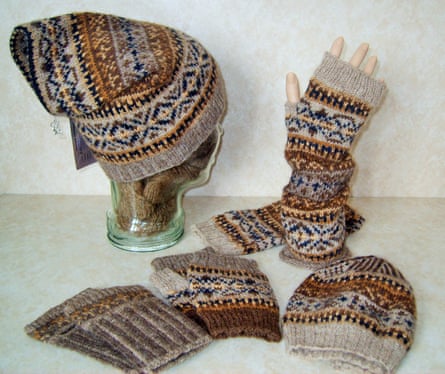
Elizabeth Johnston, a trustee of SOK who began her Fair Isle apprenticeship before she started school, said the anger should be understood as a response to what for many is the final straw – or perhaps pin – after decades of fudging of terms and techniques.
“The problem is that a lot of businesses, designers, pattern publishers use the term Fair Isle and its techniques incorrectly,” she added. “The term is used for any kind of stranded knitted of which there are many, but Fair Isle is a distinct set of patterns and unique knitting skills that have been passed down through generations.
“Everyone did it back in time, both to wear themselves and to sell, but the culture has changed and we need to educate the generations below us to keep the knowledge going. We want to educate the rest of the world from Shetland.”
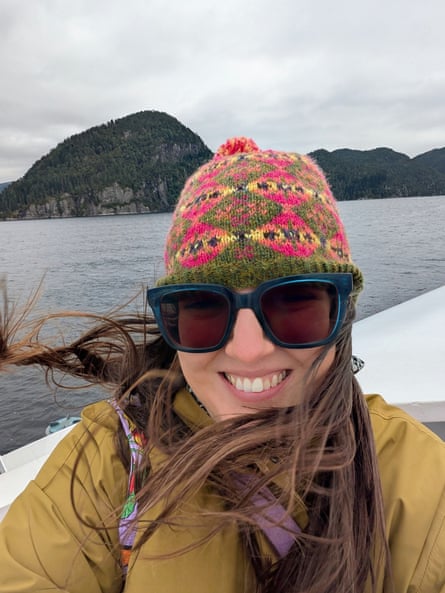
Helen Barwick, who runs Shetland Stitch Club, a mobile sewing school, said knitting was a feminist issue: “You have to remember that this is a huge industry up here, and traditionally a way for Shetland women to earn a decent income, that has been killed off by fast fashion which labels designs as Fair Isle when they don’t stick to the tradition of even using Shetland wool.”
In an open letter to Channel 4, she said the Fair Isle tradition was rooted in the people and the textiles of the islands.
“It is done with Shetland wool, from native Shetland sheep – a fibre so brilliant that it gave rise to this long tradition. The natural variation in colour of the fleece lends itself brilliantly to colour work, and its natural crimp means the fibres cling and felt together, creating a patterned fabric every bit as dense and strong and something made in one yarn.”
Barwick, who moved to Shetland last year after falling for the Fair Isle technique at a class in London, is keen to emphasise that the furore should not be misconstrued as knitters being precious about their craft.
“It’s such a welcoming community and Shetland wool week is a joyful sharing of skills and knowledge,” she said. “But it makes me sad that it’s so difficult to make a living out of knitting nowadays. The reasons that Fair Isle is still thriving is through the unpaid labour of these passionate practitioners.”
Channel 4 has been approached for comment.

 2 months ago
65
2 months ago
65
